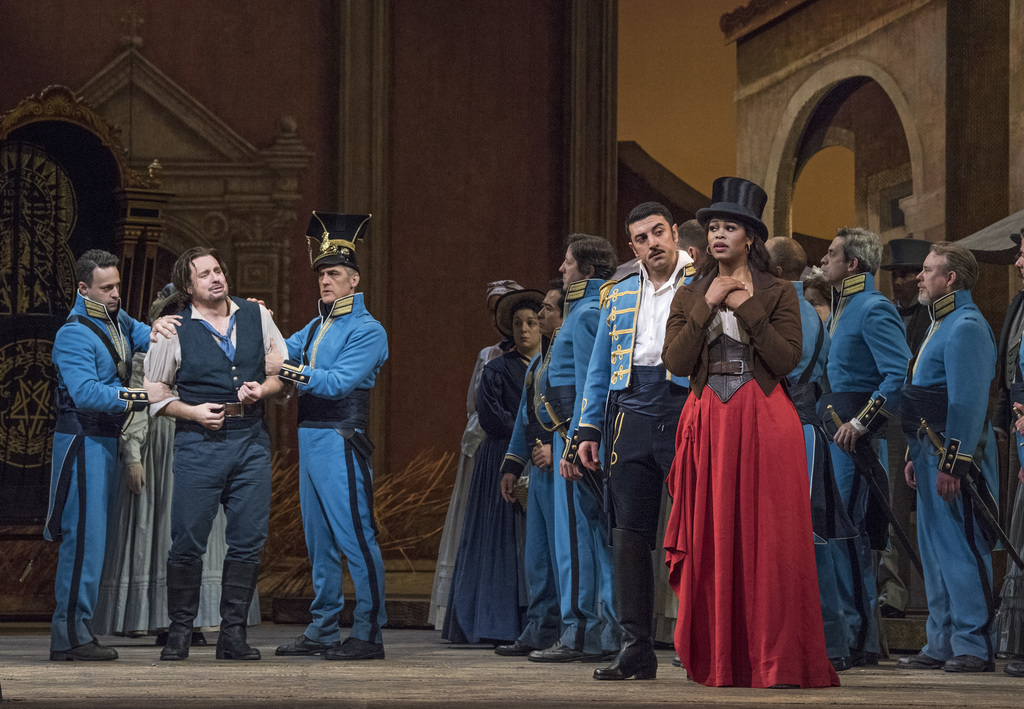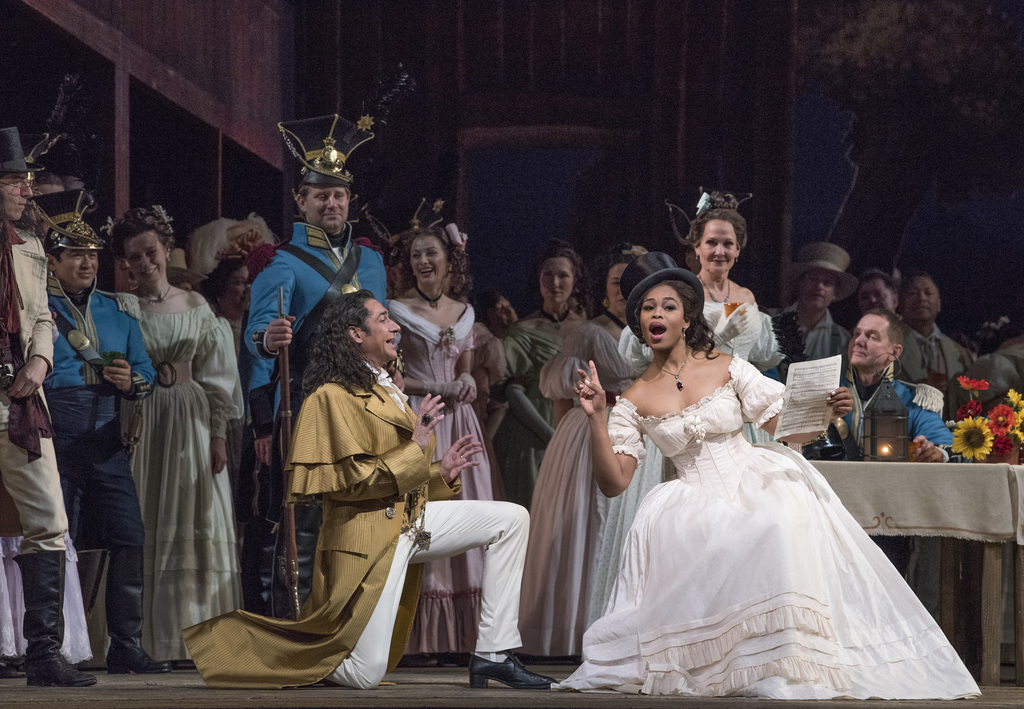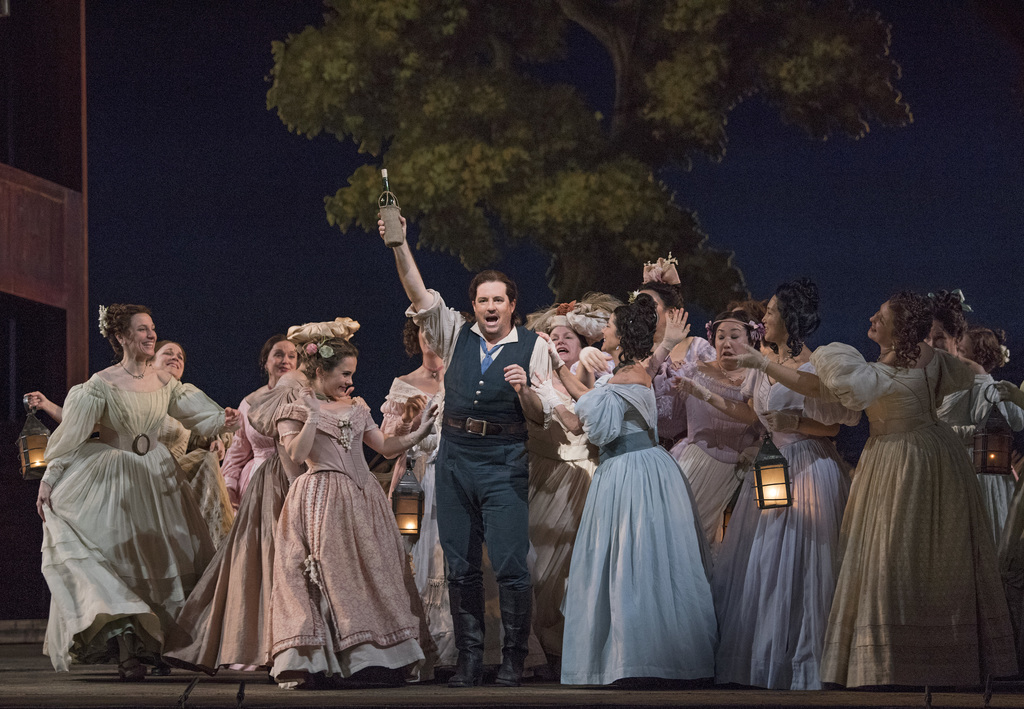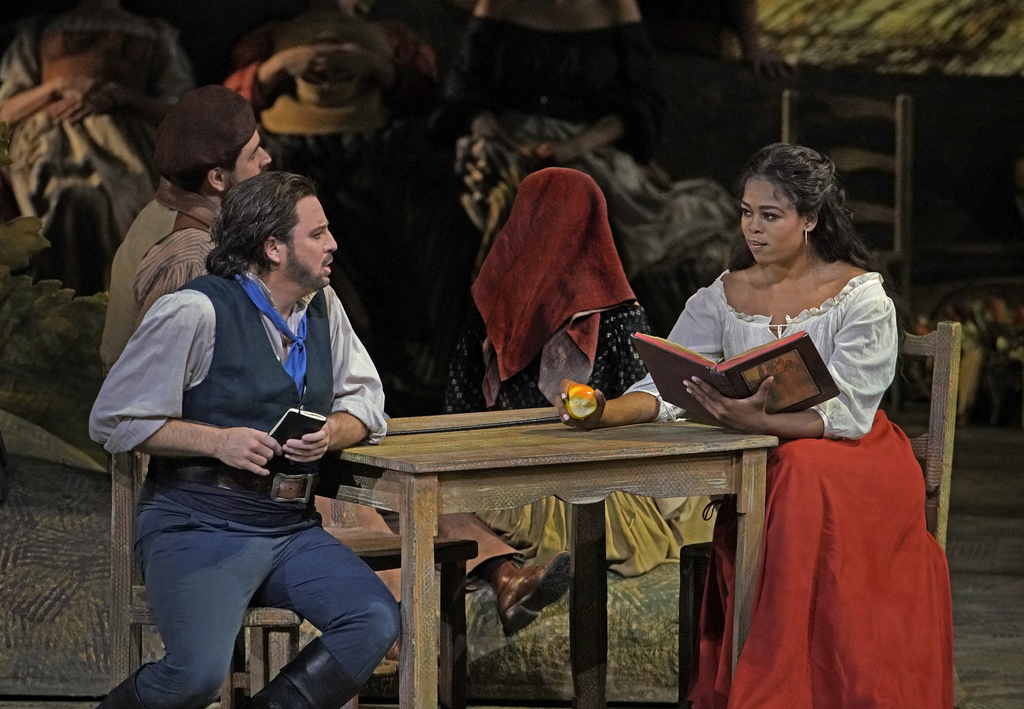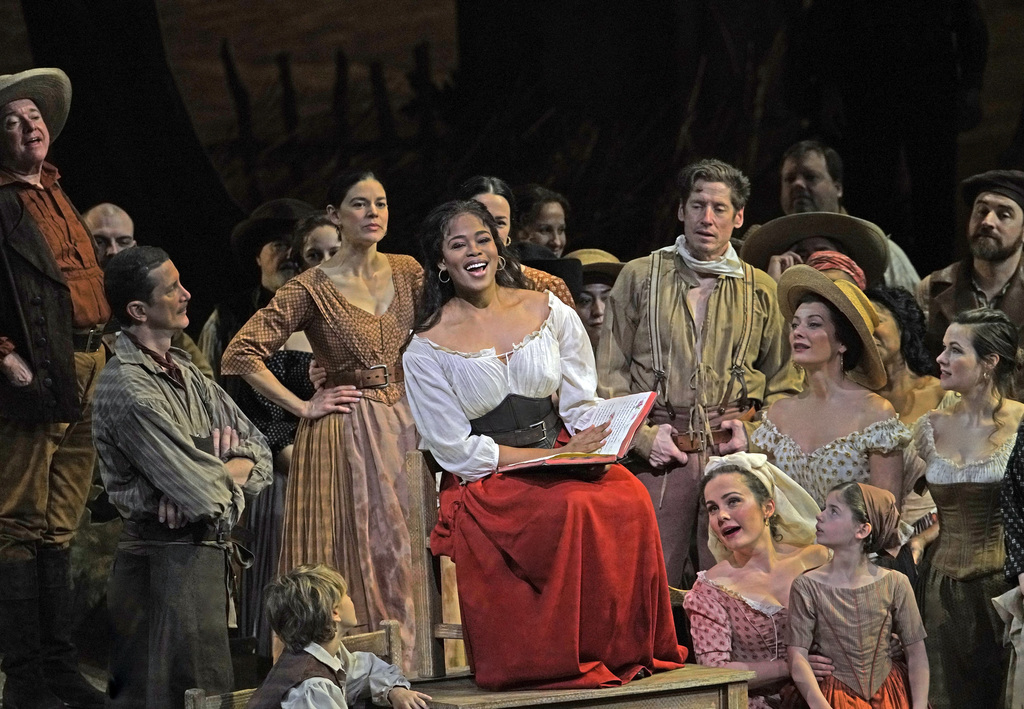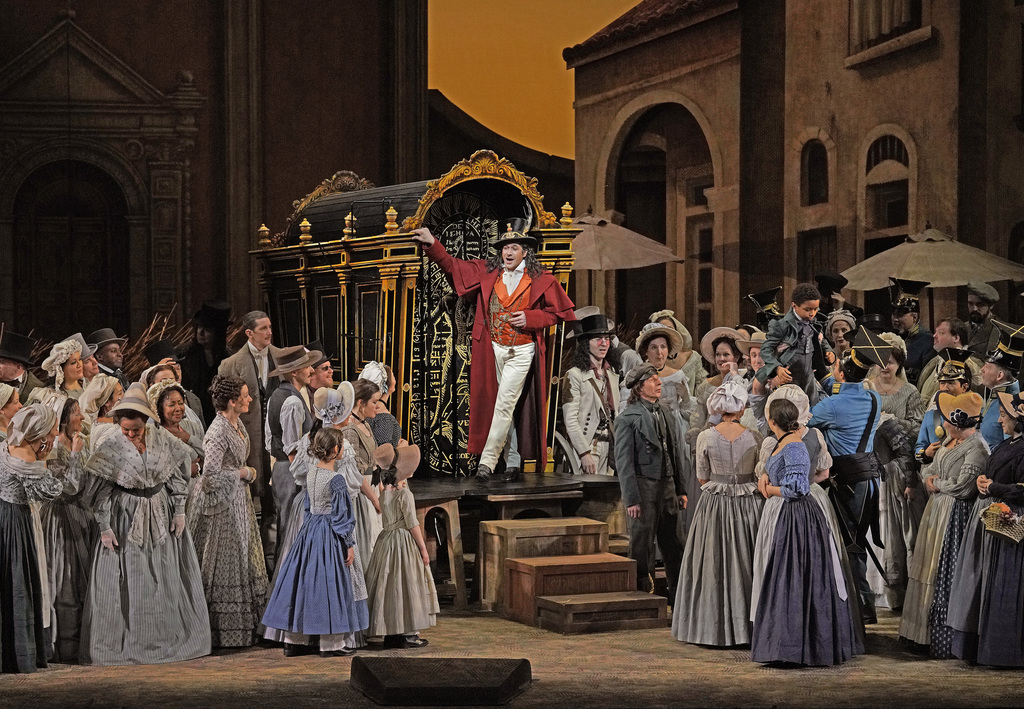The Met:
Live in HD.
Сезон 2017-2018
City:
Moscow
Cinemas:
Baltika
Cinema Park Kaluzhskiy
Cinema Park Metropolis
CINEMA PARK Rivera
Documentary Film Center
Eldar
Formula Kino CDM
Formula Kino Chertanovo
Formula Kino Europa
Formula Kino Horizont
Formula Kino na Kutuzovskom
Formula Kino Praga
GUM Cinema Hall
Kinomax Mozaika
Kinomax Prazhskaya
Kinomax Vodniy
KINO OKKO Afimoll City
Moskino Salyut
Moskino Yunost
Moskino Zvezda
Philharmonic 2 Concert Hall
Dates:
07.10.2017-30.06.2018

Choose city for details:
- Almaty
- Arkhangelsk
- Astrakhan
- Baku
- Biysk
- Bryansk
- Chelyabinsk
- Cherepovets
- Dnipro
- Fryazino
- Galich
- Glazov
- Grodno
- Irkutsk
- Izhevsk
- Kaliningrad
- Kazan
- Kemerovo
- Khabarovsk
- Kharkiv
- Kirov
- Krasnodar
- Krasnogorsk
- Krasnoyarsk
- Kstovo
- Kursk
- Kyiv
- Lipetsk
- Lutsk
- Lviv
- Marks
- Miass
- Minsk
- Moscow
- Mytishchi
- Nevinnomyssk
- Nizhny Novgorod
- Novocheboksarsk
- Novosibirsk
- Obninsk
- Omsk
- Orenburg
- Ostashkov
- Penza
- Perm
- Petropavlovsk-Kamchatskiy
- Petrozavodsk
- Pskov
- Pugachyov
- Rostov-on-Don
- Ryazan
- Saint Petersburg
- Samara
- Saratov
- Severodvinsk
- Sochi
- Stavropol
- Syktyvkar
- Tbilisi
- Tolyatti
- Tula
- Tyumen
- Ufa
- Ulan-Ude
- Veliky Novgorod
- Vladimir
- Vladivostok
- Volgograd
- Vologda
- Voronezh
- Yaroslavl
- Yekaterinburg
- Yerevan
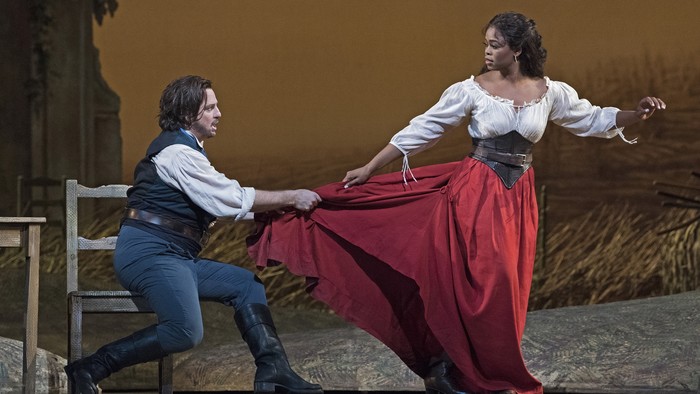
Любовный напиток
L’Elisir d’Amore
Country: USA
Year: 2018
Cast: Pretty Yende, Matthew Polenzani, Davide Luciano, Ildebrando D'Arcangelo
: Domingo Hindoyan
: Bartlett Sher
: Michael Yeargan
: Catherine Zuber
: Jennifer Tipton
Genre: opera
Language: Italian
Translation: russian subtitles
Time: 2 hours 39 minutes
Возраст: 16+
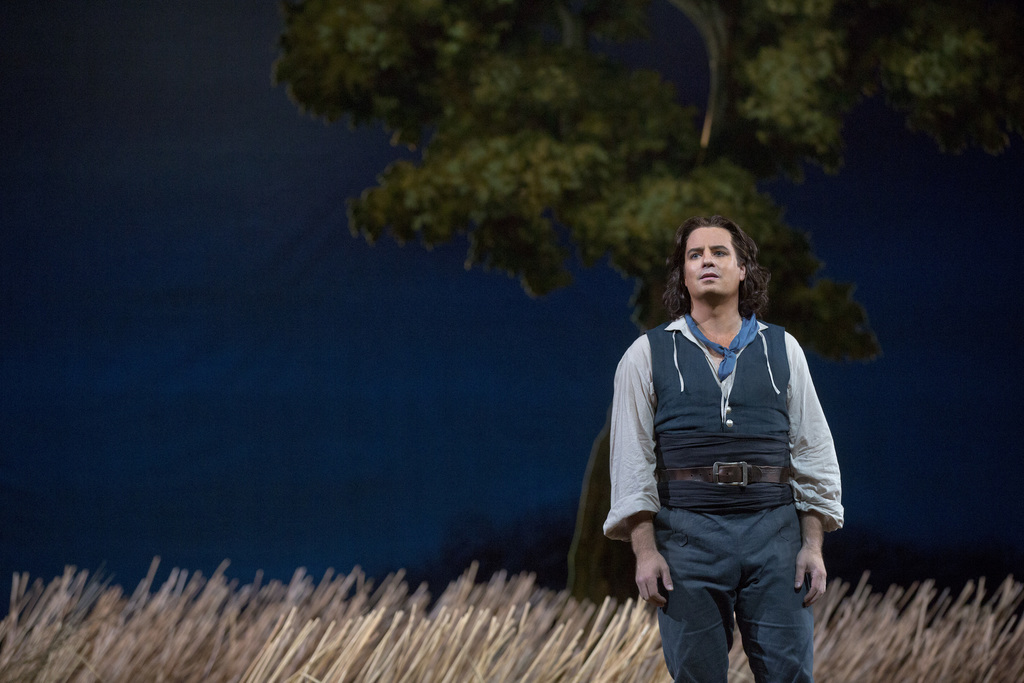
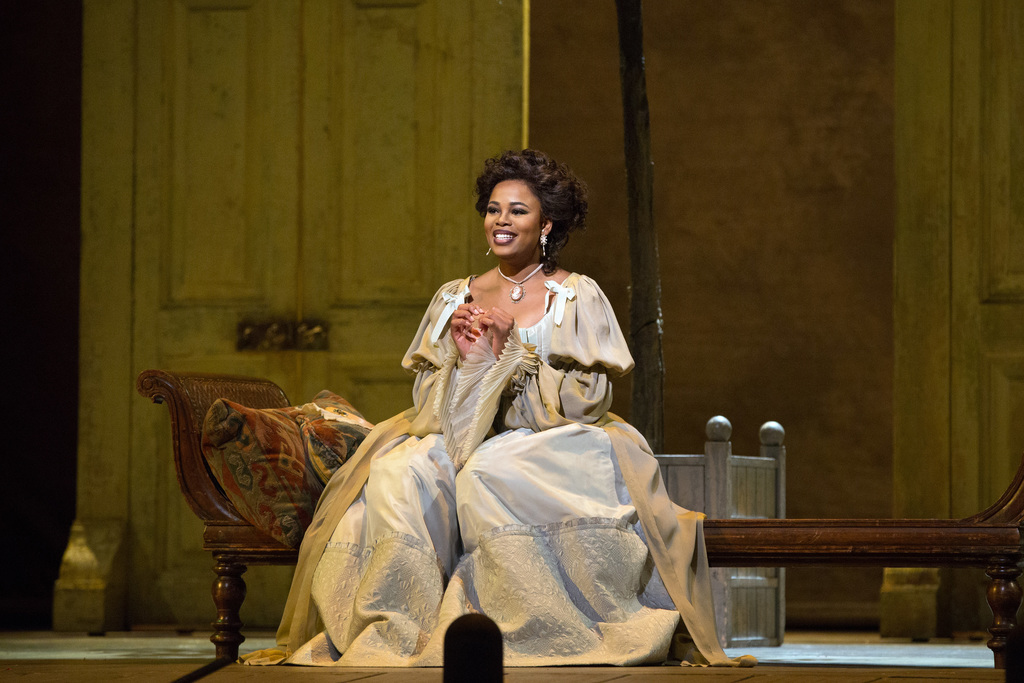
.jpg)

.jpg)
.jpg)
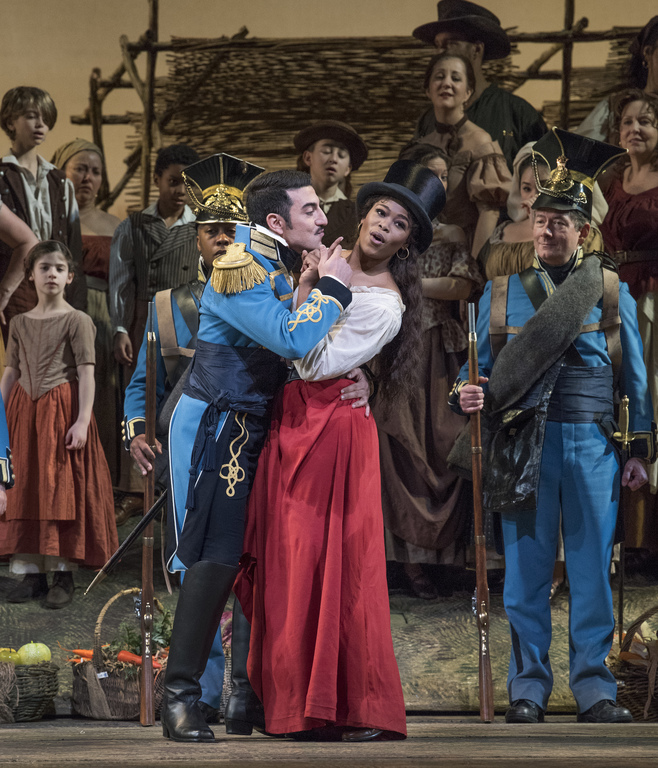
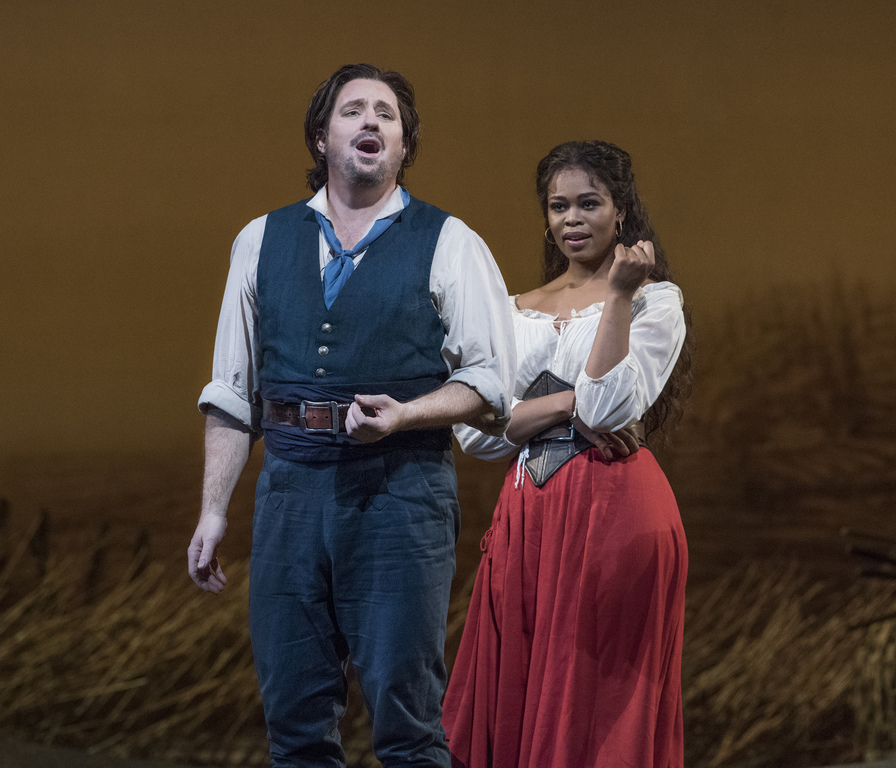
.jpg)

